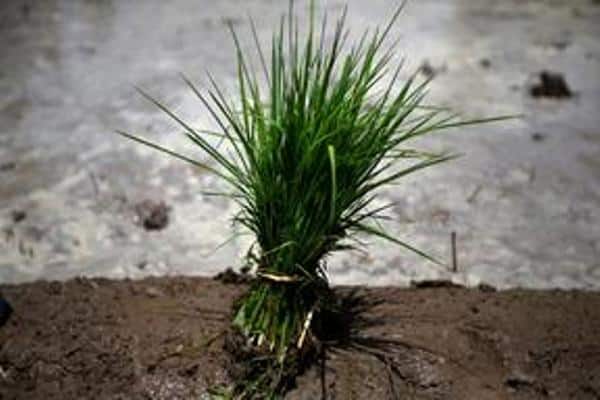Washington: With pollution taking its toll on our lives, a team of researchers has turned to rice crops to find a way to put an end to the world’s biggest killer.
The U of T Scarborough study identified “superstar” varieties of rice that can reduce fertilizer loss and cut down on environmental pollution in the process.
The study, authored by Herbert Kronzucker in collaboration with a team at the Chinese Academy of Sciences, looked at 19 varieties of rice to see which ones were more efficient at using nitrogen.
“We have this bucolic idea of agriculture – animals grazing or vast fields of majestic crops – but the global reality is it’s one of the biggest drivers of environmental pollution and climate change,” said Kronzucker.
Nitrogen, when applied as fertilizer, is taken up inefficiently by most crops. In tropical rice fields, as much as 50 to 70 per cent can be lost. The problem is that nitrogen negatively impacts water quality by contaminating nearby watersheds or leaching into ground water. It’s also a significant source of gases such as ammonia and nitrogen oxide, which are not only harmful to aquatic life but also a significant source of greenhouse gas emissions.
While nitrogen is one of three main nutrients required for crops to grow, it also costs the most to produce, adds Kronzucker.
“Anything we can do to reduce demand for nitrogen, both environmentally and for farmers in the developing world struggling to pay for it, is a significant contribution.”
The study for the first time identified a novel class of chemicals produced and released by the roots of rice crops that directly influence the metabolism of soil microbes. They found that key microbial reactions that lead to an inefficiency in nitrogen capture can be significantly reduced in certain varieties of rice plants through the action of those specific chemicals released from root cells.
Going forward the hope is for this study to inform rice-growing strategies throughout Asia. One option could be to provide farmers with government incentives like tax credits, to switch to a more nitrogen-friendly variety. Another outcome could be better breeding programs where even better species of crops can be produced.
“There’s no reason a crop can’t result in less pollution while also saving farmers money; the two aren’t incompatible,” says Kronzucker. “If we can produce more responsible plants that don’t waste fertilizer needlessly, everyone wins.”
The study appears in New Phytologist. (ANI)

